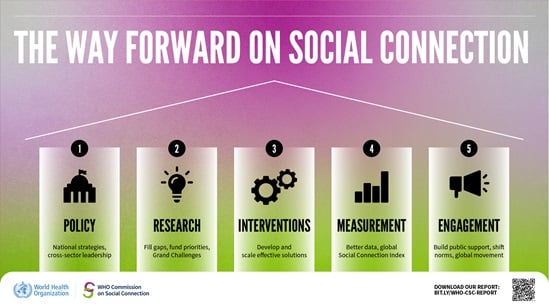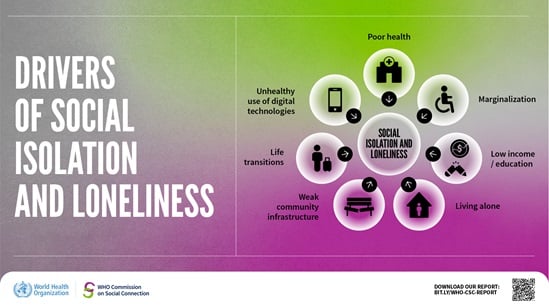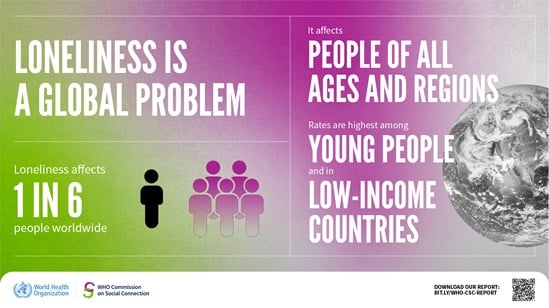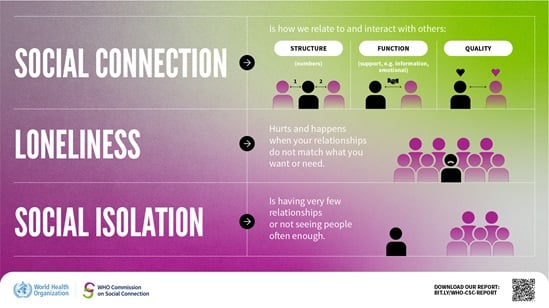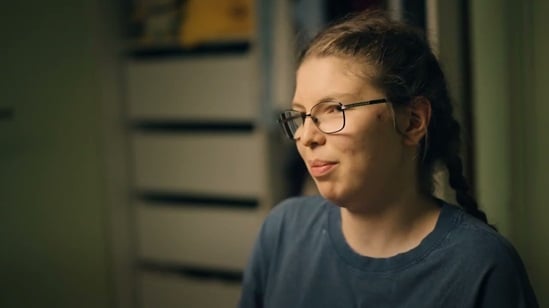A man and his granddaughter wear face masks while sitting a distance apart from each other in a middle class household of north Delhi.
Ageing
Every person – in every country in the world – should have the opportunity to live a long and healthy life. Yet, the environments in which we live can favour health or be harmful to it. Environments are highly influential on our behaviour and our exposure to health risks (for example, air pollution or violence), our access to services (for example, health and social care) and the opportunities that ageing brings.
The number and proportion of people aged 60 years and older in the population is increasing. In 2019, the number of people aged 60 years and older was 1 billion. This number will increase to 1.4 billion by 2030 and 2.1 billion by 2050. This increase is occurring at an unprecedented pace and will accelerate in coming decades, particularly in developing countries.
This historically significant change in the global population requires adaptations to the way societies are structured across all sectors. For example, health and social care, transportation, housing and urban planning. Working to make the world more age-friendly is an essential and urgent part of our changing demographics.
Ageing presents both challenges and opportunities. It will increase demand for primary health care and long-term care, require a larger and better trained workforce, intensify the need for physical and social environments to be made more age-friendly, and call for everyone in every sector to combat ageism. Yet, these investments can enable the many contributions of older people – whether it be within their family, to their local community (e.g., as volunteers or within the formal or informal workforce) or to society more broadly.
Societies that adapt to this changing demographic and invest in healthy ageing can enable individuals to live both longer and healthier lives and for societies to reap the dividends.
WHO works with Member States, UN agencies and diverse stakeholders from various sectors to foster healthy ageing in every country. Healthy ageing is defined as developing and maintaining the functional ability that enables well-being in older age. Functional ability is determined by the intrinsic capacity of an individual (i.e., an individual’s physical and mental capacities), the environment in which he or she lives (understood in the broadest sense and including physical, social and policy environments) and the interactions among them.
WHO does this work in line with the Global strategy and action plan on ageing and health 2016–2020 and the related UN Decade of Healthy Ageing (2021–2030) in the following four action areas:
- change how we think, feel and act towards age and ageing;
- ensure that communities foster the abilities of older people;
- deliver person-centred integrated care and primary health services responsive to older people; and
- provide access to long-term care for older people who need it.



